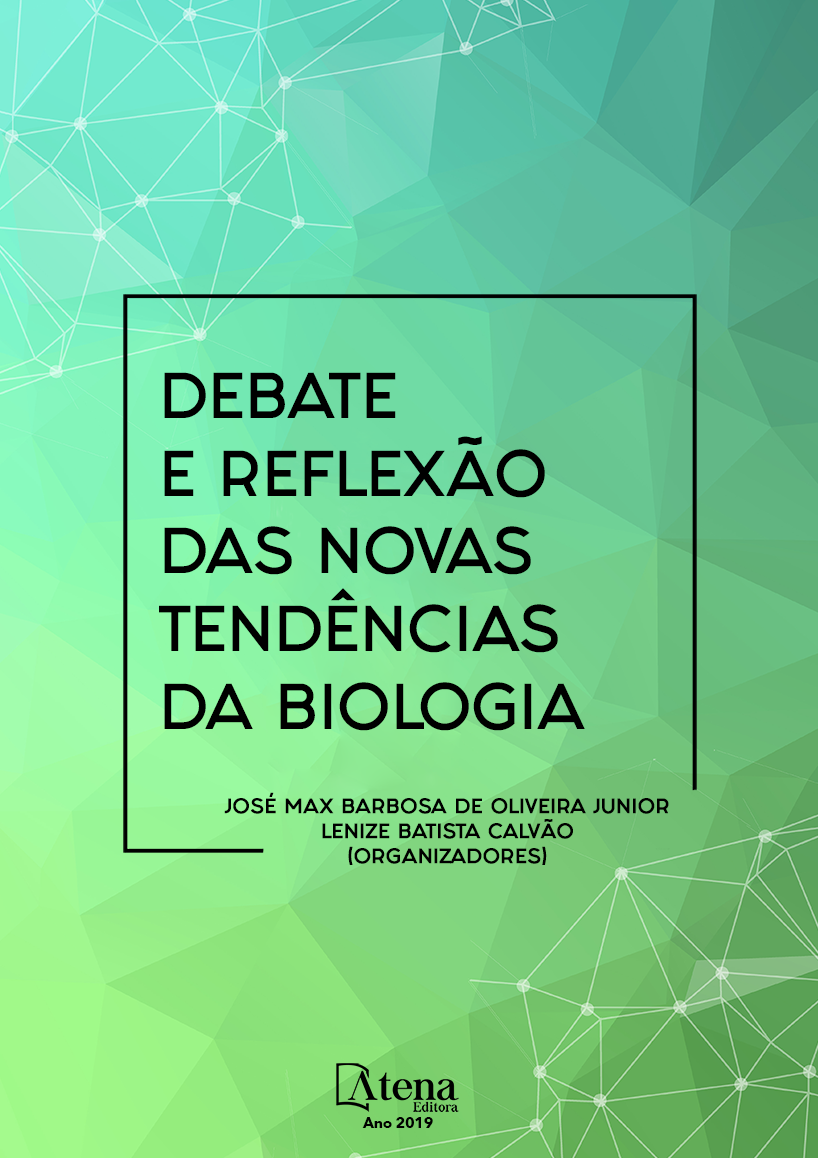
ÓLEO DE COCO EXTRAVIRGEM: ALTERAÇÕES FÍSICO-QUÍMICAS E SENSORIAIS ACARRETADAS PELA FRITURA E POR DIFERENTES CONDIÇÕES DE ARMAZENAMENTO
Objetivos: Investigar alterações
físico-químicas e sensoriais do óleo de coco
extravirgem (OCEV) acarretadas pela fritura e
por diferentes condições de armazenamento.
Métodos: Foram realizadas análises de índice
de acidez (IA), peróxido (IP) e análise sensorial
em amostras de OCEV. Estas foram: amostras
novas e vencidas há 7 e 24 meses (lotes 1 (L1)
e 2 (L2), respectivamente), armazenadas por
4 meses nas condições: refrigeradas, exposta
à luz (RL1 e RL2); refrigeradas, protegidas da
luz (RP1 e RP2); em temperatura ambiente,
expostas à luz (AL1 e AL2); em temperatura
ambiente, protegidas da luz (AP1 e AP2) e
amostras novas (N) dos respectivos lotes,
além de uma amostra nova, não submetida
ao calor (N) e duas coletadas após 5ª e 10ª
fritura (T5 e T10, respectivamente). Resultados:
O L2 apresentou IA maior em relação ao L1,
sob mesmas condições. O IA das amostras
refrigeradas foi menor em relação ao daquelas
mantidas em temperatura ambiente. Dentre
aquelas submetidas à fritura, a T10 alcançou
maior IP. Na análise sensorial, a amostra N
apresentou menor intensidade de cor e turbidez
tanto em comparação às L1 e L2, quanto às T5
e T10. O odor característico de coco foi mais
intenso na amostra N, em comparação às
demais amostras. A viscosidade não foi diferente
entre as amostras. Conclusão: Quanto maior o
tempo de armazenamento, maior a degradação
do OCEV. Refrigerar aumenta a estabilidade
desse produto. O OCEV submetido à fritura
apresentou alterações sensoriais significativas,
mas sem comprometimento dos parâmetros
físico-químicos .
ÓLEO DE COCO EXTRAVIRGEM: ALTERAÇÕES FÍSICO-QUÍMICAS E SENSORIAIS ACARRETADAS PELA FRITURA E POR DIFERENTES CONDIÇÕES DE ARMAZENAMENTO
-
DOI: 10.22533/at.ed.25919090812
-
Palavras-chave: Óleo de coco extravirgem; Alterações físico-químicas; Análise sensorial; Armazenamento; Fritura.
-
Keywords: :Extra virgin coconut oil; Physical–chemical changes; Sensory evaluation; Storage; Deep-fat frying.
-
Abstract:
Objectives: The aim of this work was to investigate, physical–chemical
and sensory characteristics of extra virgin coconut oil (EVCO) obtained by frying and
by different storage conditions. Methods: Acidity index (AI), peroxide (IP) and sensorial
analysis were performed on OCEV samples. These samples were: new and expired
samples by 7 and 24 months (batches 1 (L1) and 2 (L2), respectively), stored for 4
months under refrigerated, exposed to light (RL1 and RL2); refrigerated, protected
from light (RP1 and RP2); at room temperature, exposed to light (AL1 and AL2); at
room temperature, protected from light (AP1 and AP2) and(N) and fresh samples
(N) of the respective batches, in addition to a new sample, not submitted to heat (N)
and two samples collected after the 5th and 10th frying (T5 and T10, respectively) .
Results: The L2 showed higher AI than L1, both stored in the same conditions. The
AI of the refrigerated samples was lower than AI of the samples maintained at room
temperature. Among the samples submitted to frying, the T10 showedthe highestIP.
In the sensory analysis, N sample showed lower intensity of color and turbidity in
comparison to L1 and L2, as well as to T5 and T10. The characteristic coconut odor
was more intense in sample N, compared to othersamples. The viscosity was not
different between samples. Conclusion: The longer the storage time, the greater is
the degradation of EVCO. Refrigeration increases physical-chemical stability of this
product. The OCEV submitted to the frying presented significant sensorial alterations,
but did not showeddegradationof the physical-chemical parameters...
-
Número de páginas: 15
- Mariana Nunes de Lima Emídio
- Ludmila Fernanda Souza de Oliveira
- Lúcia Helena Esteves dos Santos Laboissière
- Marina Campos Zicker
- Renata Adriana Labanca


